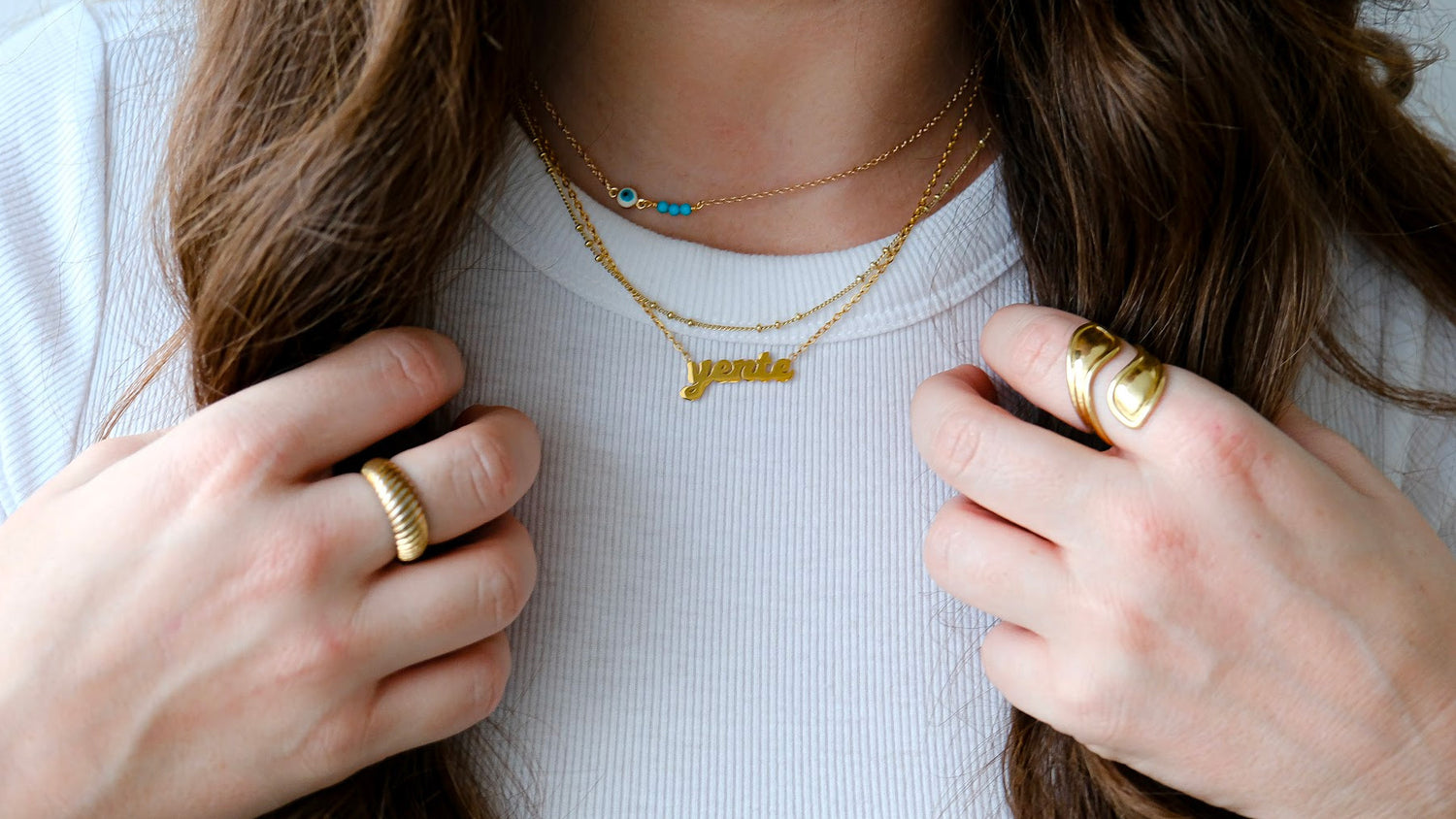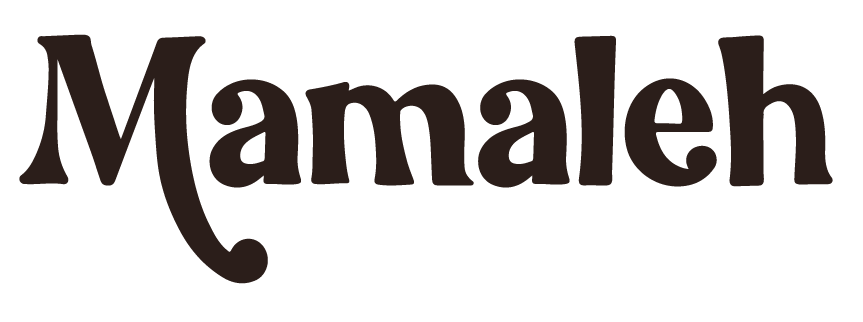Yiddish is a colorful language from Jewish communities in Eastern Europe. It blends German, Hebrew, and Slavic—and it’s full of flavor and feeling.
Jewish immigrants brought it to the U.S., where it mixed into American life. Today, we still use Yiddish when English just isn’t enough—when you’re really annoyed, really proud, or really hungry.
It’s the language of chutzpah, kvetching, and heart.
A bisseleh of favorite words
Chutzpah (KHUTZ-pah)
Boldness. Audacity. Having the nerve to speak up or do something gutsy—even if it’s totally over-the-top.
Example: “Oy, she’s got chutzpah! Belting that high solo? Iconic.”
Fakakta (fah-KAHK-tah)
Ridiculous. Nonsensical. Totally messed up.
Example: “My phone is sending me all these fakakta alerts that I didn’t sign up for!”
Farbisseneh (far-BISS-uh-neh)
A sourpuss. Someone perpetually grumpy, even when nothing’s wrong. AKA RBF
Example: “She won the game and still looked mad? Total farbisseneh.”
Kibbitz (KIH-bits)
To chat, joke, or casually gossip. Usually with snacks nearby.
Example: “Mondays are mahj nights. We kibitz until we forget whose turn it is.”
Kvell (k’VEL)
To beam with pride or joy. Usually about someone else's win.
Example: A grandma at a school play: “Did you hear that? That was her line. I’m kvelling!”
Kvetch (k'vetch)
To complain. Whine. Moan. Usually about something small, but you just need to say it.
Example: “Not to kvetch, but why is it freezing in this classroom in April?”
Mensch (MENSH)
An all-around good person. Kind, decent, reliable. The gold standard.
Example: “He helped her carry her groceries up five flights. What a mensch.”
Meshugganah (meh-SHUG-uh-nuh)
A crazy person. Lovably unhinged, not scary unhinged.
Example: “He wants to ride a unicycle across the country? Total meshugganah.”
Nosh (NAHSH)
To snack. Or the snack itself. Or the way we survive awkward parties.
Example: “I’m not hungry hungry. I just wanna nosh.”
Nu? (noo)
So? And? Well? A classic Yiddish prompt. Encourages gossip or a juicy update.
Example: “Nu? What happened after the date?”
Oy Vey (oy VAY)
An exasperated sigh. Use it when things go wrong, or when someone tells you anything mildly annoying. Or when you’re overcome with something adorable--like a cute puppy!
Example: “You forgot your password again? Oy vey.”
Shayna Punim (SHAY-nuh Puh-num)
A pretty face. Usually said by grandmas pinching cheeks.
Example: “Look at that shayna punim! Can I adopt her?”
Verklempt (fer-KLEMT)
Choked up with emotion. Usually when someone says something unexpectedly sweet.
Example: “She called me her role model and I got all verklempt.”
Yenta (YEN-tuh)
A gossip. A meddler. Always in someone else’s business, but mostly out of love (or boredom).
Example: “She knew about the breakup before they did. Classic yenta.”
BONUS: The Magic of “-eleh”
Wanna make something sound cuter, softer, or more affectionate? Slap “-eleh” on the end.
It’s the Yiddish version of adding a little hug.
- Boychik (boy) → Boychele (sweet little guy)
- Bubbe (grandmother) → Bubbeleh (sweetie, darling, little one)
- Kind (child) → Kindeleh (precious little one)
- Mame (mom) → Mamaleh (little mama)
- Meydl (girl) → Meydele (girl, but even cuter!)
- Tatte (dad) → Tatteleh (little daddy, but not creepy)
Add it to your own name or last name!


